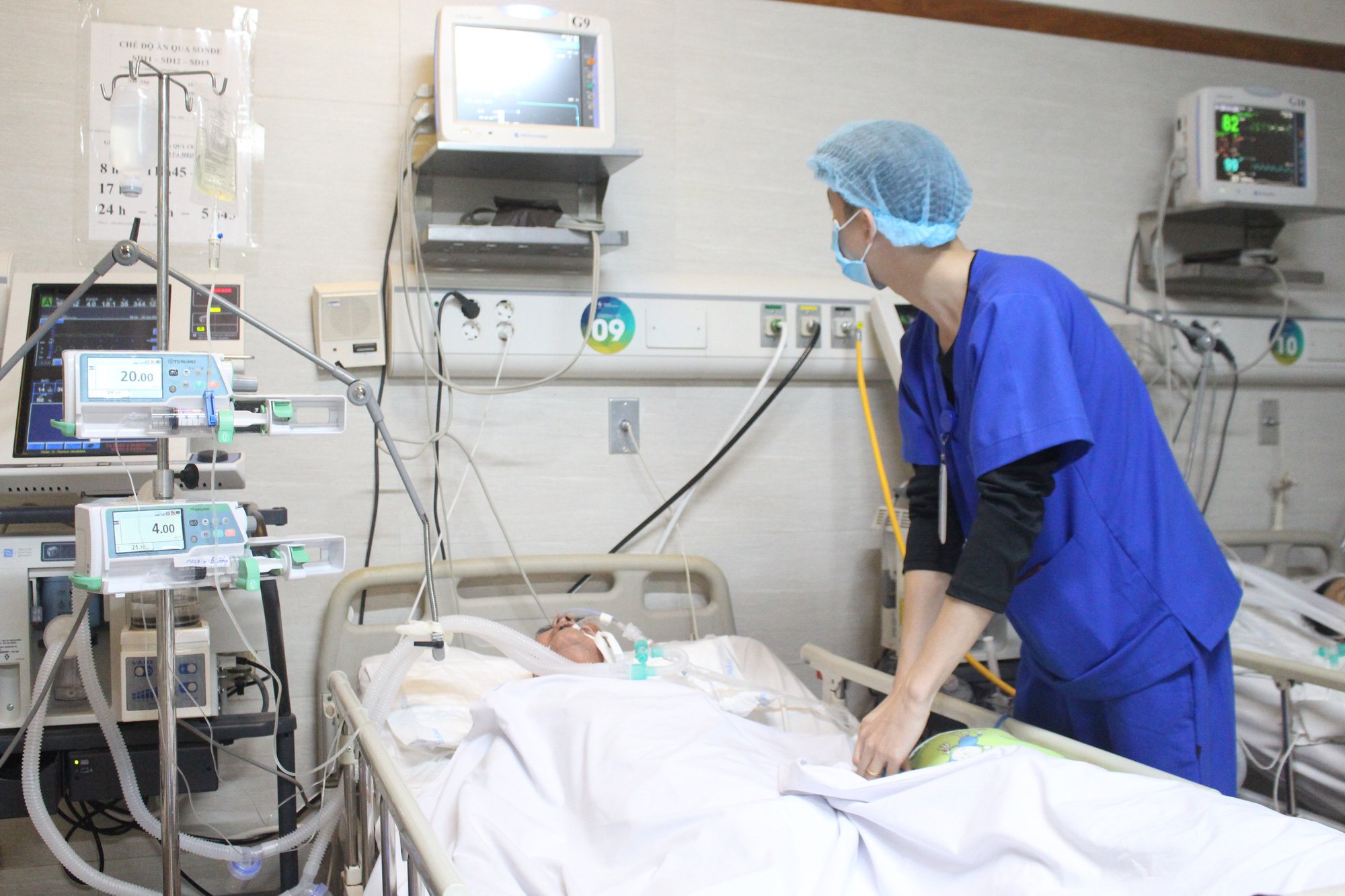
Elderly stroke patients are cared for at the Central Geriatric Hospital - Photo: DUONG LIEU
During the 7-day Tet holiday (February 8-15), the hospital's stroke department received 68 emergency stroke patients and transferred them to other hospitals for treatment in very large numbers.
At its peak, on the 4th day of Tet, the hospital received 15 stroke patients, an increase of 20-30% compared to normal days.
Most of the emergency patients and seriously ill patients were transferred from lower-level hospitals in the Northern region.
Stroke cases increase during Tet
Similarly, some hospitals also recorded an increase in the number of stroke cases. Hospital E ( Hanoi ) also received an increase in the number of emergency admissions due to stroke.
According to Dr. Pham Xuan Hieu - Head of the Emergency Department of Hospital E, during Tet, the hospital receives about 10 stroke patients every day, an increase of 20 - 30% compared to normal days.
"During Tet, many people come to the hospital late, leading to difficulties in treatment and missing the golden time for intervention," Dr. Hieu informed.
At the Central Geriatric Hospital, during the Tet holiday, 30-40 patients are admitted every day, including about 15 emergency cases, mainly for cardiovascular and respiratory diseases and strokes.
Doctor Nguyen Van Tuyen - head of the stroke department, deputy director of the Neurology Institute of the 108 Military Central Hospital - said that during the holidays, the number of stroke patients coming to the emergency room is often very high because lower-level hospitals transfer more patients to higher-level hospitals.
"However, there has never been a year with such a sudden increase as this year, the overload situation has occurred since the first days of Tet," said Dr. Tuyen.
Be careful with underlying diseases to avoid stroke
Commenting on the cause of the increase in stroke cases, Dr. Tuyen said that before the Tet holiday, the North experienced a severe cold spell. After that, the climate warmed up during Tet. Unpredictable climate changes are one of the causes of strokes.
Doctor Tuyen also warned that not only during Tet, but also during the first festivals of the year, people need to pay attention to prevent strokes.
The New Year festival has many parties, many people go on spring outings so they should change their living habits and avoid alcohol abuse. People with chronic diseases such as diabetes and high blood pressure because these are risk factors that can easily lead to stroke.
"Some patients stop taking blood pressure medication (especially young patients) or do not comply with blood pressure medication as usual, leading to stroke.
Therefore, even young people with underlying diseases should practice a healthy lifestyle and especially adhere to medication regimens when treating underlying diseases such as high blood pressure, to avoid the risk of stroke," Dr. Tuyen recommended.
He also advised that when traveling during the spring festival, people with chronic diseases should pay attention to bringing medication, limit alcohol, maintain exercise and return for check-ups as scheduled.
Besides, many festivals are crowded and jostling, people with underlying diseases should also avoid participating to prevent the risk of affecting their health.
How to recognize signs of stroke through FAST
FACE: Face feels numb, one side of the face is crooked when smiling, crooked mouth, vision disturbance.
ARM: Numbness and fatigue in the arms and legs or inability to lift one arm or leg.
SPEECH: Slurred speech, unclear words, unable to express oneself.
TIME: Call an ambulance to a medical facility capable of providing emergency care and treating strokes as soon as possible.
When you see someone with at least 1 of the 3 symptoms above (facial droop, weak limbs, difficulty speaking), think of a stroke and call an ambulance immediately without delay.
The golden time frame for best treatment results is the first 6 hours from the time of stroke.
Source



![[Photo] General Secretary To Lam attends the ceremony to celebrate the 80th anniversary of the post and telecommunications sector and the 66th anniversary of the science and technology sector.](https://vphoto.vietnam.vn/thumb/1200x675/vietnam/resource/IMAGE/2025/9/29/8e86b39b8fe44121a2b14a031f4cef46)
![[Photo] Many streets in Hanoi were flooded due to the effects of storm Bualoi](https://vphoto.vietnam.vn/thumb/1200x675/vietnam/resource/IMAGE/2025/9/29/18b658aa0fa2495c927ade4bbe0096df)

![[Photo] National Assembly Chairman Tran Thanh Man chairs the 8th Conference of full-time National Assembly deputies](https://vphoto.vietnam.vn/thumb/1200x675/vietnam/resource/IMAGE/2025/9/29/2c21459bc38d44ffaacd679ab9a0477c)
![[Photo] General Secretary To Lam receives US Ambassador to Vietnam Marc Knapper](https://vphoto.vietnam.vn/thumb/1200x675/vietnam/resource/IMAGE/2025/9/29/c8fd0761aa184da7814aee57d87c49b3)
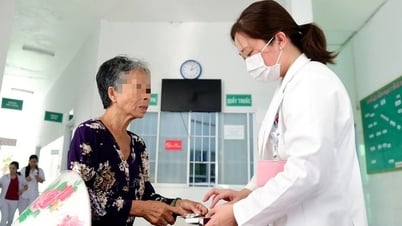
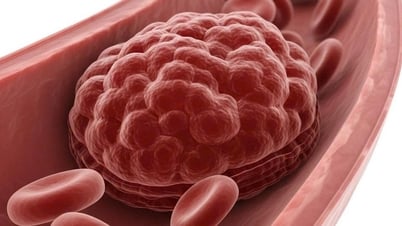





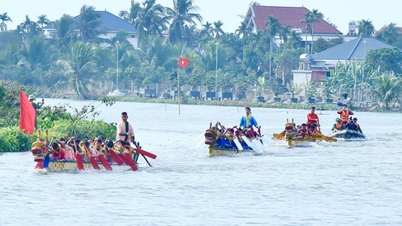
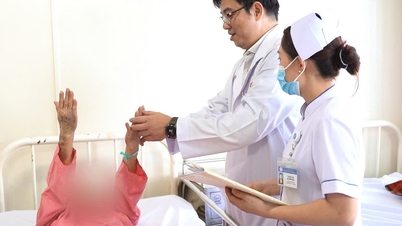
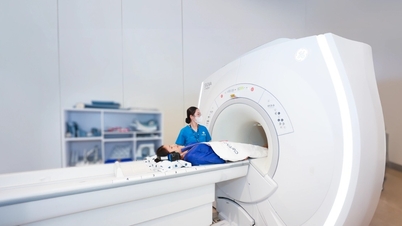

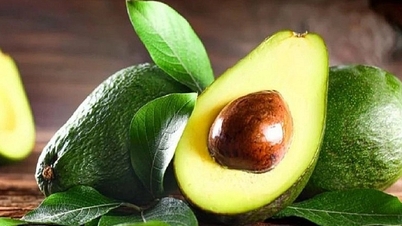


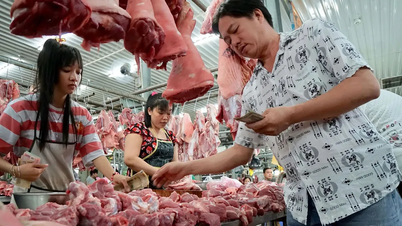


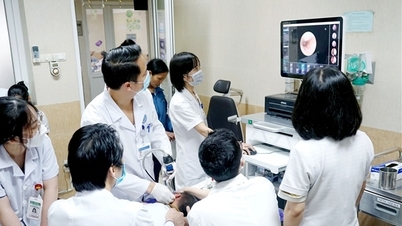







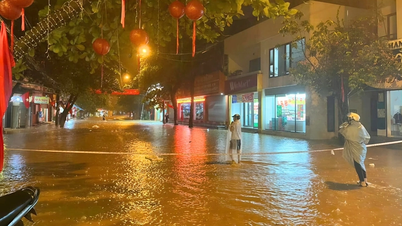
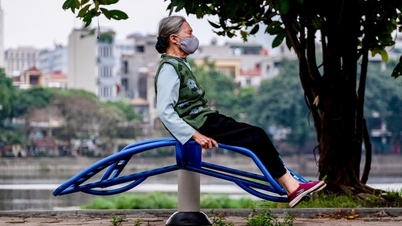

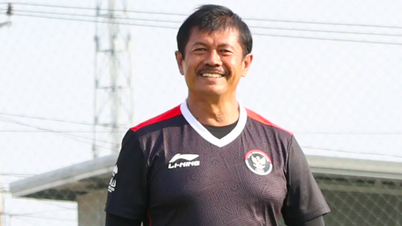



































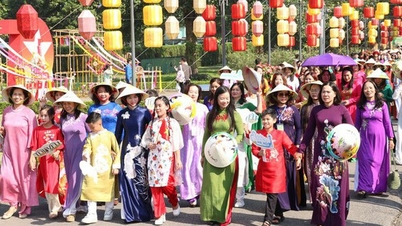

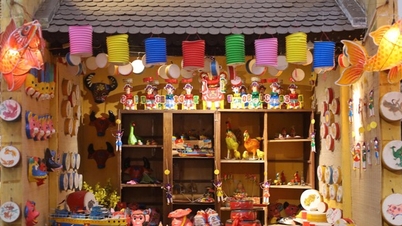










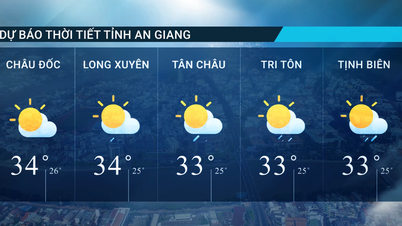



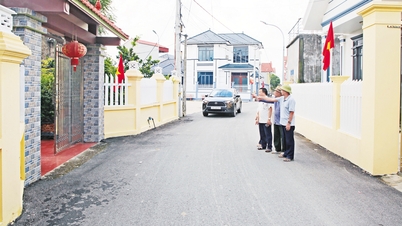












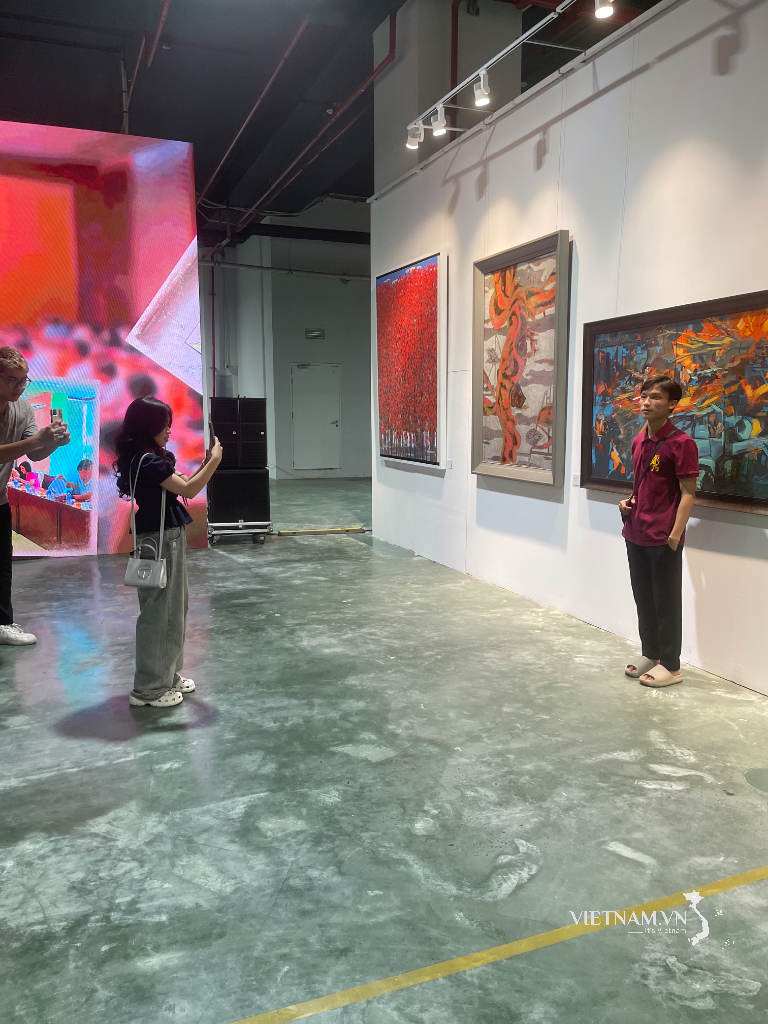

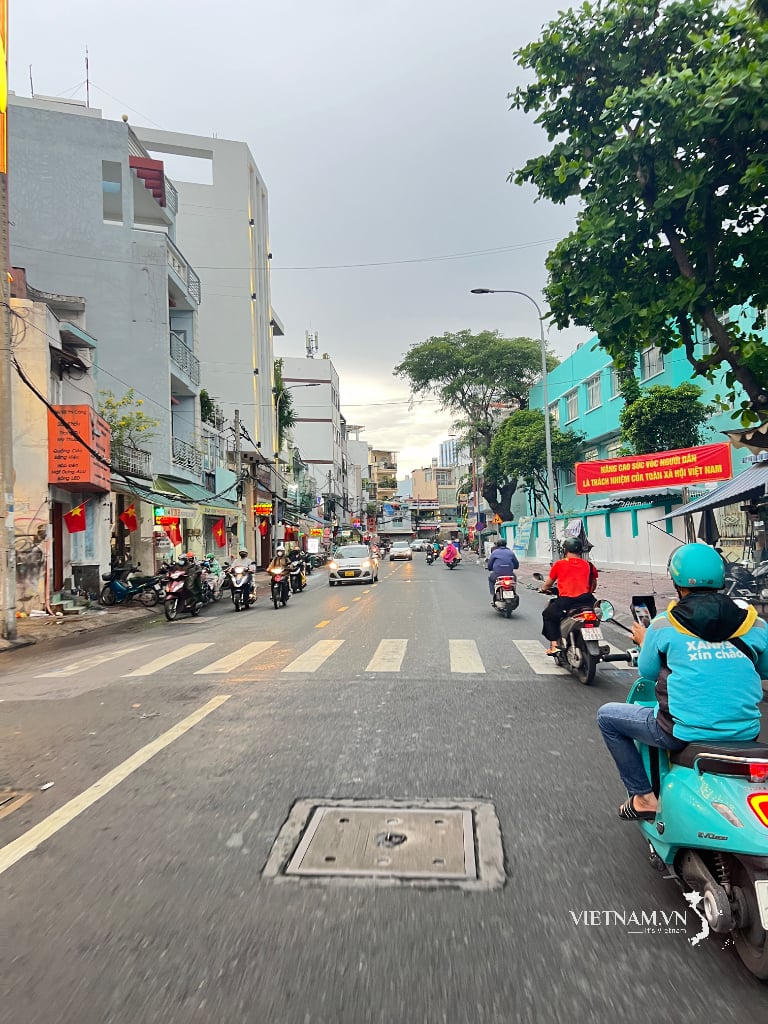
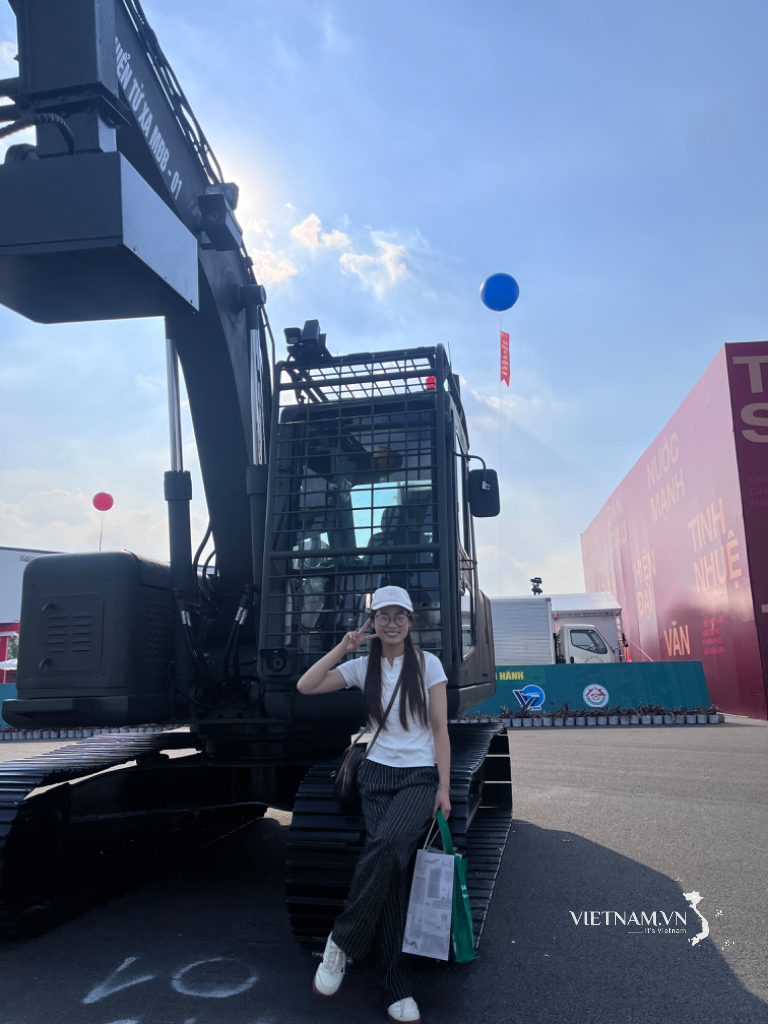
Comment (0)